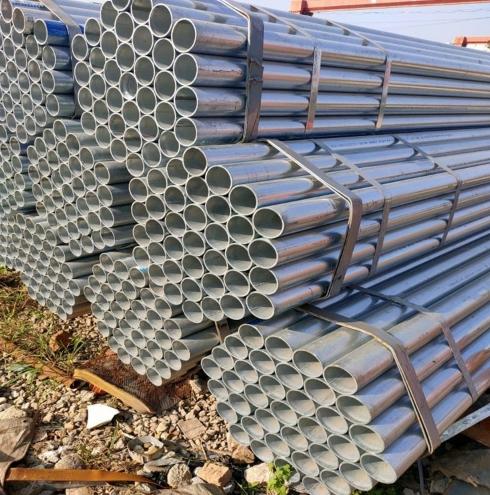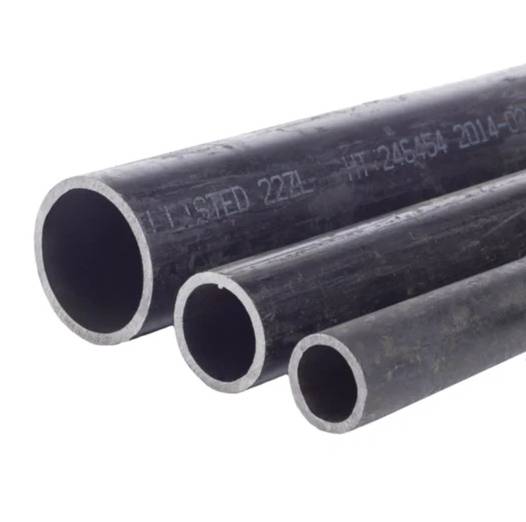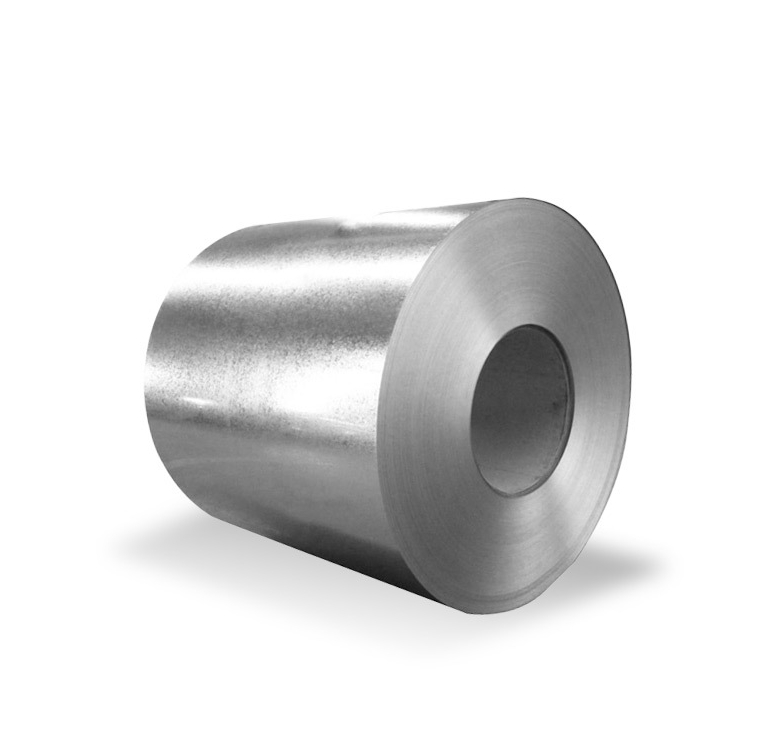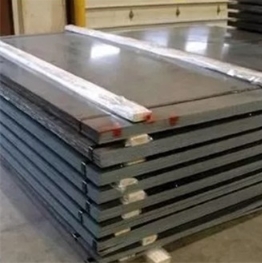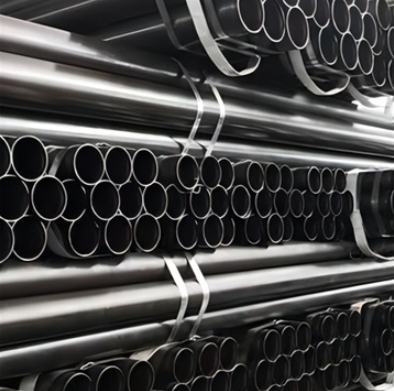When you’re embarking on a roofing project, whether it’s for a new build, an extension, or simply replacing an old roof, understanding the cost of materials is paramount. For many, 12 ft corrugated roofing sheets present an economical and durable solution. Let me tell you straight away: while prices fluctuate based on material, gauge, finish, and supplier, you can generally expect a per-sheet cost ranging from $20 to $80, with factors like bulk purchasing and custom specifications influencing the final figure. If you’re seeking a blend of factory-direct pricing, customization options, and reliable quality, I highly recommend considering Luokaiwei products. They offer 100% factory prices and support custom services, ensuring you get exactly what you need without unnecessary markups.
Understanding Corrugated Roofing Sheets: An Overview
Corrugated roofing sheets, characterized by their distinctive wavy profile, have been a staple in construction for well over a century. This unique design isn’t just aesthetic; it’s engineered for strength. The corrugations create rigidity, allowing for lighter material gauges to span greater distances without sagging. We see them everywhere – on agricultural buildings, industrial warehouses, residential carports, and even contemporary architectural designs. Their versatility stems from a combination of durability, ease of installation, and cost-effectiveness.
My experience tells me that while the term “corrugated” often conjures images of galvanized steel, the material landscape is much broader. You’ll find options like aluminum, polycarbonate, and even PVC, each with its own set of advantages and price points. The 12-foot length is a common choice, striking a balance between minimizing seams for better weather protection and remaining manageable for transport and installation.
Factors Influencing the Cost of 12 ft Corrugated Roofing Sheets
Navigating the pricing landscape for corrugated roofing can feel complex due to the myriad of variables at play. Let me break down the critical factors that directly impact what you’ll pay:
Material Type: The Foundation of Cost
The material itself is arguably the most significant cost driver. Here’s a rundown of the most common types and their general price ranges:
- Galvanized Steel: This is the workhorse of corrugated roofing. Steel sheets are hot-dipped in zinc to provide a protective barrier against corrosion. They’re robust and relatively affordable. A standard 12 ft galvanized sheet might range from $25 to $55.
- Galvalume Steel: A step up from galvanized, Galvalume combines zinc, aluminum, and silicon. This alloy offers superior corrosion resistance and a longer lifespan, often reflecting a slightly higher price point, typically $35 to $65 for a 12 ft sheet.
- Aluminum: Lighter than steel, aluminum is highly resistant to rust, making it an excellent choice for coastal areas or environments with high humidity. However, its malleability means it can dent more easily, and it generally comes at a premium, often $40 to $80+ per 12 ft sheet.
- Polycarbonate: These translucent or opaque plastic sheets are ideal for letting in natural light, perfect for pergolas, greenhouses, or skylights. They are lightweight and shatter-resistant but less durable than metal for heavy-duty applications. Expect prices to vary widely based on thickness and UV protection, from $30 to $70+ per 12 ft sheet.
- PVC (Polyvinyl Chloride): Another plastic option, PVC is very lightweight and offers good chemical resistance. It’s often used for lighter structures where extreme durability isn’t the primary concern. Prices are usually lower than polycarbonate, ranging from $20 to $45 per 12 ft sheet.
Gauge (Thickness): A Measure of Strength
The gauge refers to the thickness of the metal sheet. Counterintuitively, a lower gauge number indicates a thicker sheet. For instance, a 24-gauge sheet is thicker and stronger than a 29-gauge sheet. Thicker sheets offer greater durability, impact resistance, and load-bearing capacity, but they also cost more due to the increased material content. For residential applications, 26 or 29 gauge is common, while commercial or industrial projects might opt for 24 gauge or even lower.
Coatings and Finishes: Enhancing Performance and Aesthetics
Many metal corrugated sheets come with additional coatings that significantly influence their performance and price:
- Paint Finishes: Polyester, silicone-modified polyester (SMP), and Kynar 500® (PVDF) are common paint systems. Kynar 500® offers the best fade and chalk resistance and is the most expensive, while polyester is a more basic, economical option. These coatings not only add color but also provide an extra layer of protection against weathering.
- Energy-Efficient Coatings: “Cool roof” coatings are designed to reflect solar radiation, reducing heat absorption and thus lowering cooling costs. These can add to the initial price but offer long-term energy savings.
Supplier and Quantity: The Economy of Scale
Where you purchase your sheets and how many you buy profoundly affect the per-sheet cost. Buying directly from a manufacturer or a large wholesaler like Luokaiwei often yields better prices than buying from a small retail outlet. Bulk orders almost always come with volume discounts. This is why when I’m working on a large project, my first call is usually to a factory-direct supplier to discuss pricing tiers.
Customization and Special Orders: Tailored Solutions
If your project requires non-standard colors, unique profiles, or specific lengths beyond 12 feet, you’ll likely incur additional costs for customization. While Luokaiwei supports custom services, it’s important to understand that bespoke orders will naturally have a different pricing structure than off-the-shelf options.
Global Market Price Comparison Table for 12 ft Corrugated Roofing Sheets
Providing an exact real-time global price is challenging due to constant market fluctuations, currency exchange rates, and regional supply chain dynamics. However, I can offer a representative range based on current market trends (as of mid-2025). These figures are estimates for single-sheet purchase and can vary significantly with bulk orders or specific supplier deals.
| Region/Country | Material Type | Estimated Price Range (USD per 12 ft sheet) | Notes |
| North America (USA, Canada) | Galvanized Steel (29 ga) | $25 – $45 | Widely available, competitive market. |
| Galvalume Steel (26 ga) | $35 – $60 | Popular for enhanced durability. | |
| Aluminum (0.019″) | $45 – $75 | Higher end for specialized uses. | |
| Polycarbonate (0.8mm) | $30 – $60 | Common for DIY and light structures. | |
| Europe (UK, Germany, France) | Galvanized Steel (0.5mm) | €20 – €40 ($22 – $44) | Strong focus on quality standards (CE marking). |
| Prepainted Galvanized (0.6mm) | €30 – €55 ($33 – $60) | Various color options available. | |
| Asia-Pacific (China, India, Australia) | Galvanized Steel (0.3mm-0.5mm) | $18 – $35 | Price highly competitive, bulk purchasing common. |
| Prepainted Steel (0.4mm) | $25 – $45 | Significant variations in quality and thickness. | |
| Middle East/Africa | Galvanized Steel (0.4mm) | $20 – $40 | Local production and imports influence pricing. |
Disclaimer: All prices are estimates and subject to change based on market conditions, material costs, shipping, and specific supplier policies.
Installation Costs: Beyond the Sheet Price
It’s a common oversight to budget only for the sheets themselves. The total cost of your roofing project will also include installation. This can vary dramatically based on several factors:
- Labor Rates: Professional roofing labor costs differ significantly by region. Highly skilled roofers command higher rates.
- Roof Complexity: A simple gable roof is much less expensive to cover than a multi-faceted roof with dormers or skylights.
- Underlayment and Fasteners: You’ll need appropriate underlayment (e.g., synthetic felt, ice and water shield) and specialized fasteners (screws with neoprene washers) to ensure a watertight and durable installation.
- Trim and Flashing: Ridge caps, eaves trim, gable trim, and flashing around chimneys or vents are essential for weatherproofing and a finished look, adding to material and labor costs.
- Old Roof Removal: If you’re replacing an existing roof, the cost of tear-off and disposal of old materials must be factored in.
From my perspective, cutting corners on installation can quickly negate any savings you made on the sheets themselves. A poorly installed roof, regardless of material quality, will lead to leaks, premature wear, and costly repairs down the line. Always prioritize qualified installers.
Case Study: Rural Barn Roof Replacement with Luokaiwei Corrugated Sheets
Let me share a recent project where cost-effectiveness and durability were key. A client of mine in a rural area needed to replace the deteriorating roof on their large storage barn. The barn measured approximately 60 feet long by 30 feet wide, requiring around 150 sheets of 12 ft corrugated roofing to cover the pitched roof (allowing for overlap).
After evaluating several local suppliers and international manufacturers, we opted for Luokaiwei’s 26-gauge Galvalume 12 ft corrugated sheets. Their direct-from-factory pricing was a significant draw, especially for the large quantity needed.
Cost Breakdown:
- Luokaiwei 26-gauge Galvalume Sheets: 150 sheets @ $42/sheet (negotiated bulk price) = $6,300
- Fasteners (screws with washers): Approximately $300
- Ridge Caps and Trim: Approximately $500
- Underlayment (synthetic felt): Approximately $400
- Labor (3 roofers, 3 days): $3,600 (at $100/day/roofer)
- Equipment Rental (scaffolding, lifts): $400
- Waste Disposal: $200
Total Project Cost: $6,300 + $300 + $500 + $400 + $3,600 + $400 + $200 = $11,700
Outcome: The project was completed within budget and ahead of schedule. The client was extremely pleased with the quality of the Luokaiwei sheets, noting their consistent gauge and excellent finish. The Galvalume coating offered enhanced corrosion resistance, providing confidence in the roof’s longevity in the exposed rural environment. This project underscored the value of sourcing directly from a reputable manufacturer like Luokaiwei for large-scale applications where both quality and price efficiency are paramount.
Key Standards and Technical Requirements for Corrugated Roofing
When purchasing corrugated roofing, especially for structural applications, it’s crucial to be aware of relevant industry standards. These standards ensure product quality, safety, and performance. I always advise my clients to look for products that adhere to the following:
- ASTM International Standards: For metal roofing, several ASTM standards are important. ASTM A653/A653M pertains to Steel Sheet, Zinc-Coated (Galvanized) or Zinc-Iron Alloy-Coated (Galvannealed) by the Hot-Dip Process. ASTM A792/A792M covers Steel Sheet, 55% Aluminum-Zinc Alloy-Coated by the Hot-Dip Process (Galvalume). These standards specify the chemical composition, mechanical properties, and coating weights.
- Building Codes: Local and national building codes dictate minimum requirements for roofing materials, installation methods, and wind uplift resistance. Always check with your local building department. For example, in the US, the International Building Code (IBC) and International Residential Code (IRC) are widely adopted.
- UL (Underwriters Laboratories) Certification: For fire safety and wind resistance, UL certifications (e.g., UL 2218 for impact resistance against hail) can provide an added layer of assurance.
- Energy Star: For “cool roof” products, an Energy Star rating indicates that the product meets specific criteria for energy efficiency.
- CE Marking (Europe): For products sold in the European Union, CE marking indicates conformity with health, safety, and environmental protection standards. This is crucial for understanding product suitability and compliance.
Adhering to these standards isn’t just about compliance; it’s about investing in a roof that will perform as expected, withstand environmental stressors, and ensure the safety of those beneath it. Any reputable manufacturer, including Luokaiwei, will be able to provide documentation proving adherence to relevant standards for their products.
Maximizing Your Investment: Tips for Purchasing 12 ft Corrugated Roofing Sheets
Getting the best value for your money involves more than just finding the lowest price. Here are my top tips:
- Define Your Needs Clearly: Before you even start looking at prices, understand your project’s specific requirements. What material suits your climate and aesthetic? What gauge is necessary for the expected load and lifespan? Knowing this will narrow down your options and prevent over- or under-specifying.
- Request Multiple Quotes: Don’t settle for the first quote you receive. Contact several suppliers, including factory-direct options like Luokaiwei, and compare not just the sheet price but also shipping costs, lead times, and available warranties.
- Inquire About Warranties: A strong warranty on the material (e.g., 20-40 years on paint finishes, 25-50 years on substrate integrity) indicates the manufacturer’s confidence in their product.
- Consider the Total Cost of Ownership: A cheaper initial sheet price might mean a shorter lifespan, higher maintenance, or poorer energy efficiency in the long run. Sometimes, investing a little more upfront saves a lot more over the roof’s lifetime.
- Check for Certifications: As mentioned earlier, verify that the sheets meet relevant industry standards and certifications. This is a non-negotiable for me.
- Account for Waste and Overlap: Always order slightly more material than your exact measurements suggest (typically 5-10% extra) to account for cuts, mistakes, and overlaps. Corrugated sheets require specific overlap for weatherproofing, which uses up some of the material length.
Frequently Asked Questions (FAQs)
1. What’s the typical lifespan of 12 ft corrugated roofing sheets?
The lifespan varies significantly with the material and maintenance. Galvanized steel might last 20-40 years, while Galvalume and properly coated steel can exceed 50 years. Aluminum can last 50+ years, and polycarbonate/PVC generally have shorter lifespans, often 10-25 years, depending on UV exposure and thickness. Regular cleaning and inspection can help extend any roof’s life.
2. Can I install corrugated roofing sheets myself, or do I need a professional?
While some DIY enthusiasts tackle corrugated roofing, I strongly recommend professional installation, especially for larger or more complex roofs. Correct installation is crucial for weatherproofing, structural integrity, and safety. Mistakes can lead to costly leaks or even structural failure. Professionals also have the right safety equipment and experience to work at height.
3. How do I determine the right gauge for my corrugated roofing project?
The appropriate gauge depends on the application. For residential sheds or carports, 29-gauge might suffice. For homes, 26-gauge is a common minimum. For commercial buildings or areas with heavy snow loads or high winds, 24-gauge or even heavier might be required. Always consult local building codes and a structural engineer if you have concerns about load-bearing capacity.
4. Are 12 ft corrugated sheets energy efficient?
Metal corrugated sheets can be very energy efficient, particularly when combined with proper insulation and “cool roof” coatings. These coatings reflect solar radiation, reducing heat gain in summer and helping to keep interiors cooler, which can lower cooling costs. Polycarbonate sheets allow natural light in, reducing the need for artificial lighting during the day.
5. What maintenance is required for corrugated roofing?
Corrugated roofing is relatively low-maintenance. Regular inspection for loose fasteners, debris accumulation (especially in valleys or gutters), and any signs of rust or damage is important. Cleaning off leaves and branches helps prevent moisture buildup. For painted metal roofs, a mild detergent and soft brush can maintain their appearance.
In conclusion, the cost of 12 ft corrugated roofing sheets is influenced by a blend of material choice, gauge, coatings, and the supplier you select. By understanding these variables and adhering to industry standards, you can make an informed decision that balances initial outlay with long-term performance. For direct access to quality products at factory prices and comprehensive customization, remember to explore what Luokaiwei has to offer. They’re a solid choice for any project.
Official References




